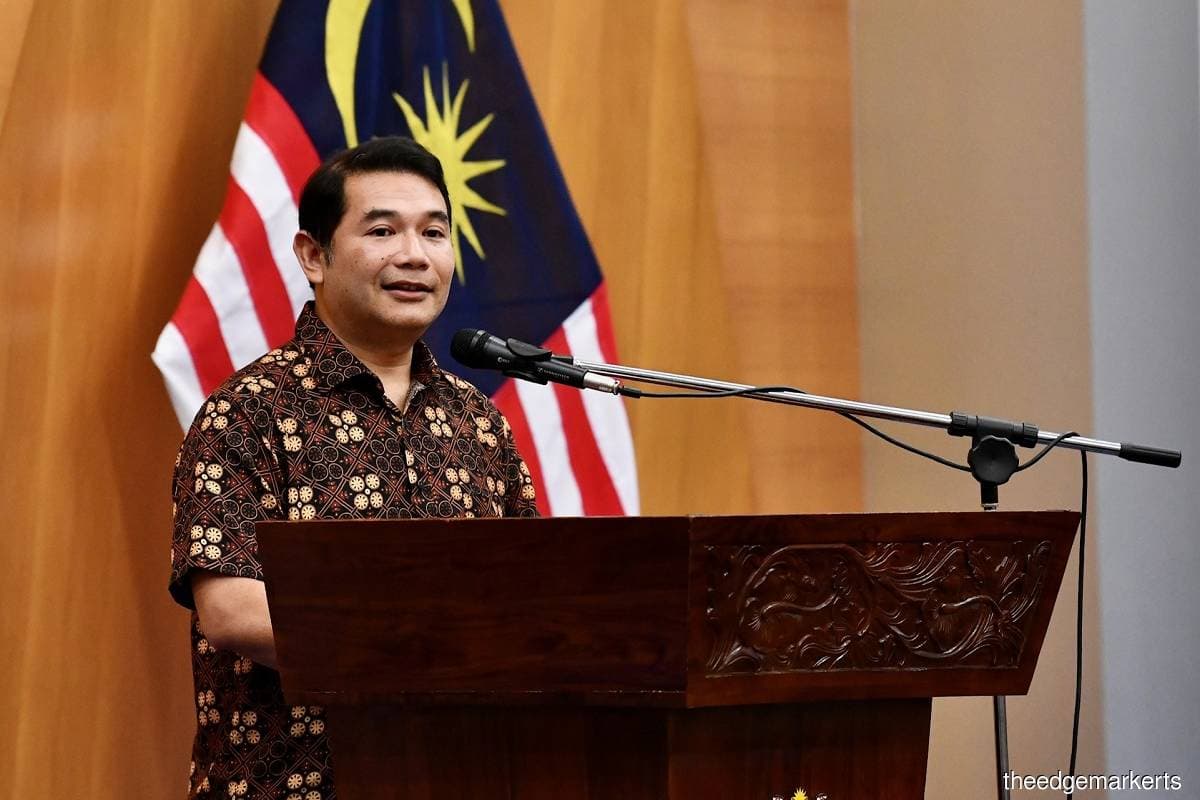
KUALA LUMPUR (Jan 27): Malaysia must decide on the restructuring of government subsidies and the broadening of tax base as early as the next nine months, said Minister of Economy Rafizi Ramli.
This is because the government’s fiscal space is becoming increasingly tight, and hinders the ability to allocate resources into necessary developments and sectors, Rafizi said during a talk on “Resetting the Malaysian Economy” at the Parliament Lecture Series 1.0 on Friday (Jan 27).
Rafizi said he is hopeful that the government will be able to make such decisions that “eluded previous administrations”, as it now has the biggest majority in Parliament since 2004.
“Key decisions on subsidy, broadening the tax base, pivoting to a value-added economy — all this have to happen sooner rather than later; maybe in the next one or two years — in fact in the next nine months,” he said.
He added that the broadening of the tax base is “no longer an option” and is something that needs to be put in place “very quickly”.
This is because decisions made will take time to be executed and to have the necessary infrastructure put in place, he added.
Meanwhile, Rafizi said the country’s economic planning will have to do away with the conventional five-year timeframe, as the surrounding volatile landscape requires it to be more agile.
“It requires a mindset shift to understand... that we have to allow mistakes to be made. That is quite alien in the delivery service,” he said.
The minister said Malaysia faces three main economic challenges in the form of fiscal consolidation, broadening the tax base, and restructuring the economy.
The nation was not spared by the Covid-19 pandemic and the subsequent economic upheavals, prompting a rise in borrowings to support the economy and subsequently raising the urgency for the government to address its tax revenue, which stood at around 11% of the gross domestic product in 2020 — the third lowest in Asean.
Amid high oil prices, the government’s subsidy bill grew to almost RM80 billion or 27% of operating expenditure last year to keep energy and petrol prices low.
Debt service charges exceeded RM40 billion in 2022, and is expected to rise further and exceed 16% of federal government revenue in 2023.
On Feb 24, Malaysia will see a new Budget 2023 tabled by the unity government led by Pakatan Harapan.